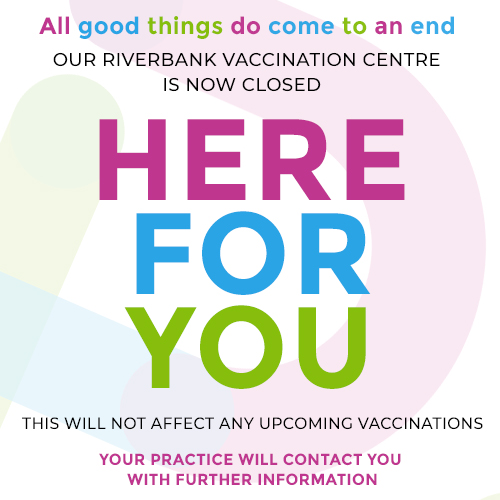Meet our… Liz Mallett, Research Nurse
Liz, tell us a bit about yourself and what inspired you to stay in nursing for 30 years?
Hello, I started nursing at the age of 13, working in a nursing home. Since qualifying, I have worked in respiratory, cardiology and cardiac surgery at the BRI and have been working for the last 16 years as a practice nurse in Primary Care.

I think what has made me want to continue in nursing is the personal and professional satisfaction I get from my interactions with patients and colleagues.
The wide variety of nursing roles that I have undertaken has increased the
opportunity to follow my interests and passions.
You have had so many different roles in nursing; talk us through the various roles and why you enjoyed them?….or not enjoyed them?
As a bank nurse following qualification, I worked in eye outpatients which I found really interesting especially considering I find myself a little squeamish when dealing with eyes! Much of my nursing in the acute trust was in cardiology and cardiac surgery which I really enjoyed as it was really varied and we had a great educational programme that enabled me to teach students and other staff. I gained leadership skills here rising to Senior Staff Nurse (band 6). Working in Primary care has enabled me to have a greater role in prevention and public health which I really enjoy and inspired me to recently undertake a PG Cert in Public Health. I consider myself fortunate to have had such a varied nursing career meaning I have never been bored!
If you could change anything in nursing in 2021, what would it be and why?
For nurses to be and feel valued and their huge range of skills and autonomous working practices recognised. I would like there to be equitable access to employment terms and conditions and education and continuing professional development. Their hard work and professionalism are amazing but unfortunately, this is not rewarded in some areas such as general practice where there is a lack of diversity and leadership opportunities for nurses. However, there is evidence of improvement in this area and I hope this trend will continue in 2021.
What does a day in the life of a research nurse look like?
This is so variable. I am mainly working from home at present – looking at the studies available and preparing to bring them to the practices. We need to work in line with Good Clinical Practice in Research (GCP) guidelines which means ensuring paperwork and procedures are robust to prevent data errors. I am also working on communications with practices via a newsletter to let them know exactly what the research team are doing and hopefully show them some interesting studies they may want to undertake at their practices. As soon as our studies are up and running I will be working at the practices devising the searches necessary to invite patients to take part. Should they agree to do so I will be responsible for explaining the study fully and gaining their informed consent to participate. I will then be collecting data that might involve questionnaires, blood results and other investigations or procedures and providing this information accurately to the study teams. Good communication between the research teams, practice teams and patients is vital. This will be undertaken virtually as much as possible. There is also training that I need to complete to be able to be effective in the role such as GCP and informed consent training.
Which fictional character would be the most exciting to meet in real life and why?
Elric from Michael Moorcock’s books has travelled to so many places and would have so many stories to tell. A very complex character, flawed and a great philosopher with such an interesting view of life and the universe.
What is the most interesting thing you have read or seen this week?
This is one article I read that looks at objective testing in mental health which I think is a really groundbreaking piece of research:
- Scientists have developed a blood test for depression and bipolar disorder that they say can provide better diagnoses for patients. They quote; “[mood disorders] are also sub-optimally treated,” researchers at Indiana University write in a new study, adding that this can “lead to self-medication with alcohol and drugs, and may culminate in some cases with suicide.”
- An objective blood test could help provide a clearer understanding of the patient’s mental health, which could lead to earlier and more precise treatment options that match their needs.
- Now, the research team is focused on working with doctors and pharmaceutical companies to apply their discoveries to real-world clinics. "This is part of our effort to bring psychiatry from the 19th century into the 21st century, to help it become like other contemporary fields such as oncology. Ultimately, the mission is to save and improve lives," Dr. Alexander B. Niculescu, the lead researcher said.
- I also read that fireflies give off their light as a warning to birds and other predators as they are highly toxic if eaten!!
My biggest fear is… that man will not make our planet and its wellbeing (including all other species and our own) a priority over greed and economics. I despair when I see the damage that we are inflicting on it and feel sad that it may be spoiled before our children and grandchildren have the chance to see its beauty. Also that I will never have the time and commitment necessary to master a musical instrument!! I have both a guitar and trombone waiting for me.
If I could choose my name again, I would choose… to be called Elizabeth as it is my full name and it’s only as I get older that I appreciate how nice a name it is.


